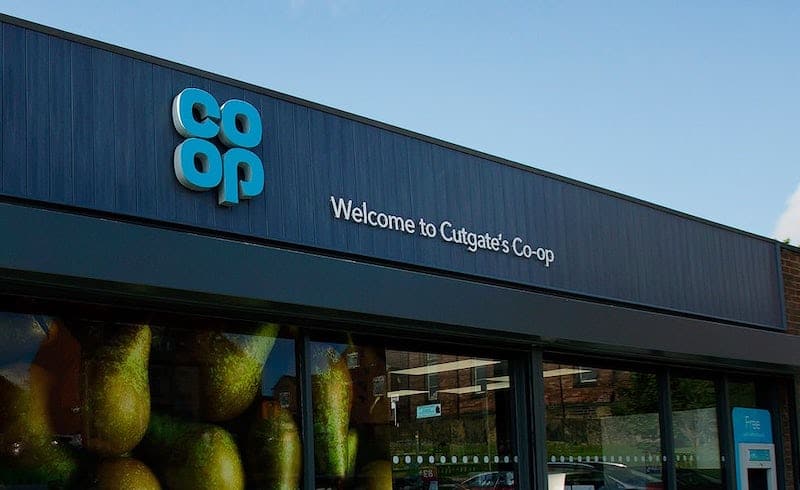
Co-op CEO Steve Murrells will today open a round-table with representatives from the Department for Education, National Apprenticeship Service, National Society of Apprentices and Chartered Institute of Personnel and Development.
The conversation will focus on a new report, commissioned by the Co-op group, into the national apprenticeships programme with recommendations on change to government policy.
The report, prepared by the University of Warwick’s Institute for Employment Research, considers the many differences between apprenticeships across sectors and employers, despite the standardised routes to government funding.
It analyses programmes across both the food retail and funeral sectors – as examples, both delivering key services during the pandemic – to understand how businesses can take different approaches to recruitment, training and operations as they face their own sector’s challenges. The report includes interviews with business leaders, the British Retail Consortium and the National Association of Funeral Directors.
Steve Murrells has shared the report with the Department for Education this week, as part of his role in the department’s Business Engagement Forum. The study found that, across businesses:
- Compared to the funeral sector, food retail colleagues are more likely to be female, older and work part-time, based in smaller businesses.
- There are far more apprentices in the retail sector (10,885) than the funeral sector (782). However, the number of retail apprentices has fallen by about a quarter since 2014/15 whereas funeral sector apprentices have doubled over the same period.
- Almost nine out of ten funeral sector apprenticeships were at Intermediate level compared to 59 per cent in retail. Around one in five retail apprenticeships are higher level (Level 4+).
- The funeral sector and food retail sector alike are seeing job roles broaden. In the funeral sector, there is increased workforce flexibility, and digital technology is impacting. Part-time and temporary working is likely to continue to rise; staff are undertaking a wider range of job functions; digitisation of organisational processes, customer communication and remote access funerals are likely to increase.
The Co-op currently offers 1,200 apprenticeships across the group, including in its Manchester support centre, food stores and funeral homes.
On the report, Steve Murrells said: “Giving people the opportunity to make their mark through an apprenticeship can drive social mobility and help tackle the persistent inequalities in our society. That’s why I champion apprenticeships and also why we want to work with the government, following this report to future-proof the apprenticeship policy. We want to help address how the national programme can better accommodate different needs, business to business, apprentice to apprentice.”
One focus of discussion is expected to be the government’s ‘Apprenticeship Levy.’ Businesses with an annual wage bill of more than £3m are currently required to contribute, with the opportunity to utilise these same funds to spend towards training their own apprentices. As it stands, the levy covers the required direct training and assessment for each apprenticeship, but not all aspects, such as the mandated 20 per cent off the job training, Co-op says.
Mr Murrells added: “The levy helps ensure apprenticeships are prioritised by businesses in England, creating opportunities for individuals and communities to enable social mobility in a sustainable way. This study shows us that companies in these two sectors alone have very different approaches, working with different apprentices with different needs – a ‘one-size-fits-all’ approach just won’t work.
“We could offer hundreds more apprenticeships, particularly in those parts of the country hardest hit by the pandemic, following some simple changes to the current policy framework.”








Share